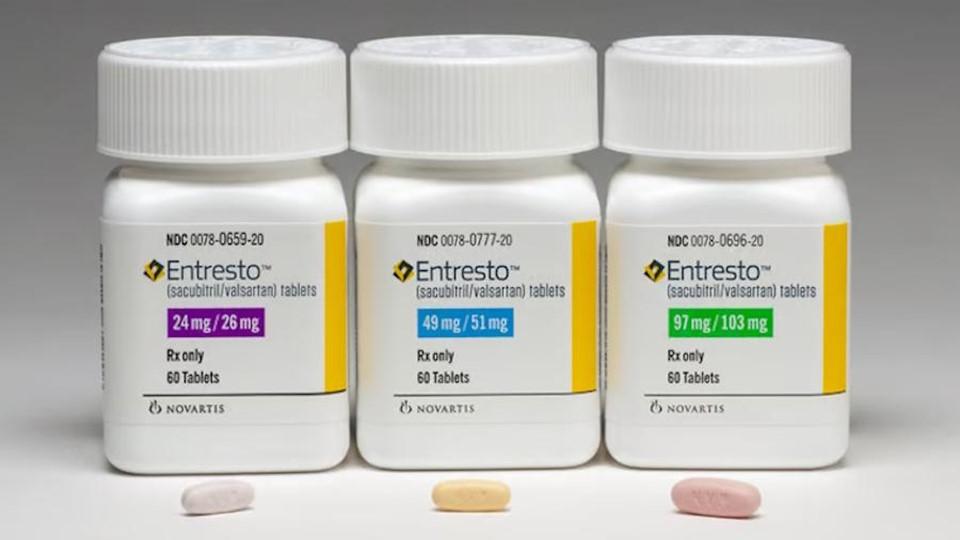Novartis hits back at Entresto selection on Medicare list

Novartis has responded to the inclusion of its heart failure blockbuster Entresto on the list of the first 10 drugs that will be subject to Medicare pricing negotiations, claiming that the move will result in "worse access for patients".
The inclusion of Entresto (valsartan/sacubitril) on the list was something of a surprise, as there was no indication it might be under consideration in the build-up to the list's publication yesterday, and Novartis currently isn't among those drugmakers that have filed legal challenges to the negotiation process.
In a statement, the Swiss group said that it believes the negotiation initiative included in the Inflation Reduction Act (IRA) is effectively price-setting by the federal government and unconstitutional, and will "limit the pharmaceutical industry's ability to discover and develop new life-saving and meaningful medicines for the people who need them most."
In particular, it said it will "disincentivise innovation and post-approval research, particularly for small molecule medicines including, among others, those that treat cancer, heart disease, and mental illness – diseases that affect millions of Americans."
According to Novartis, Entresto is the first and only angiotensin receptor-neprilysin inhibitor (ARNi) currently FDA-approved for use in the US for the treatment of heart failure and has no therapeutic alternative, with around 587,000 Medicare patients taking the drug every year.
The company pointed out that, since being approved in 2015 for heart failure with reduced ejection fraction (HFrEF), it has run additional studies to extend the uses of the drug in heart failure, as well as paediatric populations.
"Under the IRA, which discourages the research and development of additional indications for small molecule medicines by implementing price controls nine years after the first FDA approval, we may not have been able to invest in researching and developing Entresto in these additional indications, depriving patients of a meaningful treatment advance," it said.
Former FDA Commissioner Scott Gottlieb – who has been a vocal critic of the IRA's approach to drug negotiations – said he was surprised at the inclusion of Entresto, as well as some others on the list, including AstraZeneca's Farxiga (dapagliflozin), Amgen's Enbrel (etanercept), and Johnson & Johnson's Stelara (ustekinumab).
Calling the policy a "synthetic loss of exclusivity" on drugs, Gottlieb warned of unintended consequences, including a shift towards the development of biologics that now have longer patent terms, reduced incentives for generics drugmakers to challenge patents on small molecule drugs, and a shift of investment out of Medicare indications.












